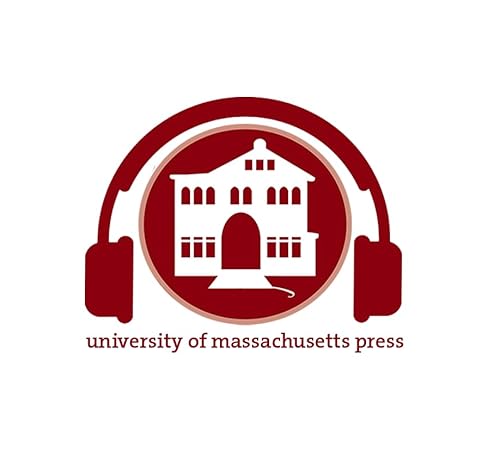When Christa Kuljian arrived on the Harvard College campus as a first-year student in the fall of 1980 with copies of Our Bodies, Ourselves and Ms. magazine, she was concerned that the women's movement had peaked in the previous decade. She soon learned, however, that there was a long way to go in terms of achieving equality for women and that social movements would continue to be a critical force in society. She began researching the history of science and gender biases in science, and how they intersect with race, class, and sexuality. In Our Science, Ourselves: How Gender, Race, and Social Movements Shaped the Study of Science (University of Massachusetts Press, 2024), Kuljian tells the origin story of feminist science studies by focusing on the life histories of six key figures--Ruth Hubbard, Rita Arditti, Evelyn Fox Keller, Evelynn Hammonds, Anne Fausto-Sterling, and Banu Subramaniam. These women were part of a trailblazing network of female scientists in the 1970s, 80s, and 90s who were drawn to the Boston area--to Harvard, MIT, and other universities--to study science, to network with other scientists, or to take a job. Inspired by the social and political activism of the women's movement and organizations such as Science for the People, the Genes and Gender Collective, and the Combahee River Collective, they began to write and teach about women in science, gender and science, and sexist and racist bias and exclusion. They would lead the critiques of E. O. Wilson's sociobiology in 1975 and Larry Summers' comments about women in science thirty years later. Drawing on a rich array of sources that combines published journal articles and books with archival materials and interviews with major luminaries of feminist science studies, Kuljian chronicles and celebrates the contributions that these women have made to our collective scientific knowledge and view of the world. Christa Kuljian grew up in the Boston area, and has lived in Johannesburg, South Africa for the past thirty years. She is a science writer and the author of Sanctuary and Darwin's Hunch: Science, Race and the Search for Human Origins, which was short listed for the Sunday Times Alan Paton Award for Non-Fiction. Currently a Research Associate at the Wits Institute for Social and Economic Research (WiSER) at Wits University, she is also a fellow with the Consortium for History of Science, Medicine and Technology (CHSMT) in Philadelphia. Caleb Zakarin is editor of the New Books Network. Learn more about your ad choices. Visit megaphone.fm/adchoices
Más
Menos
 53 m
53 m 45 m
45 m 25 m
25 m 1 h y 2 m
1 h y 2 m 23 m
23 m 26 m
26 m 22 m
22 m 1 h y 1 m
1 h y 1 m
